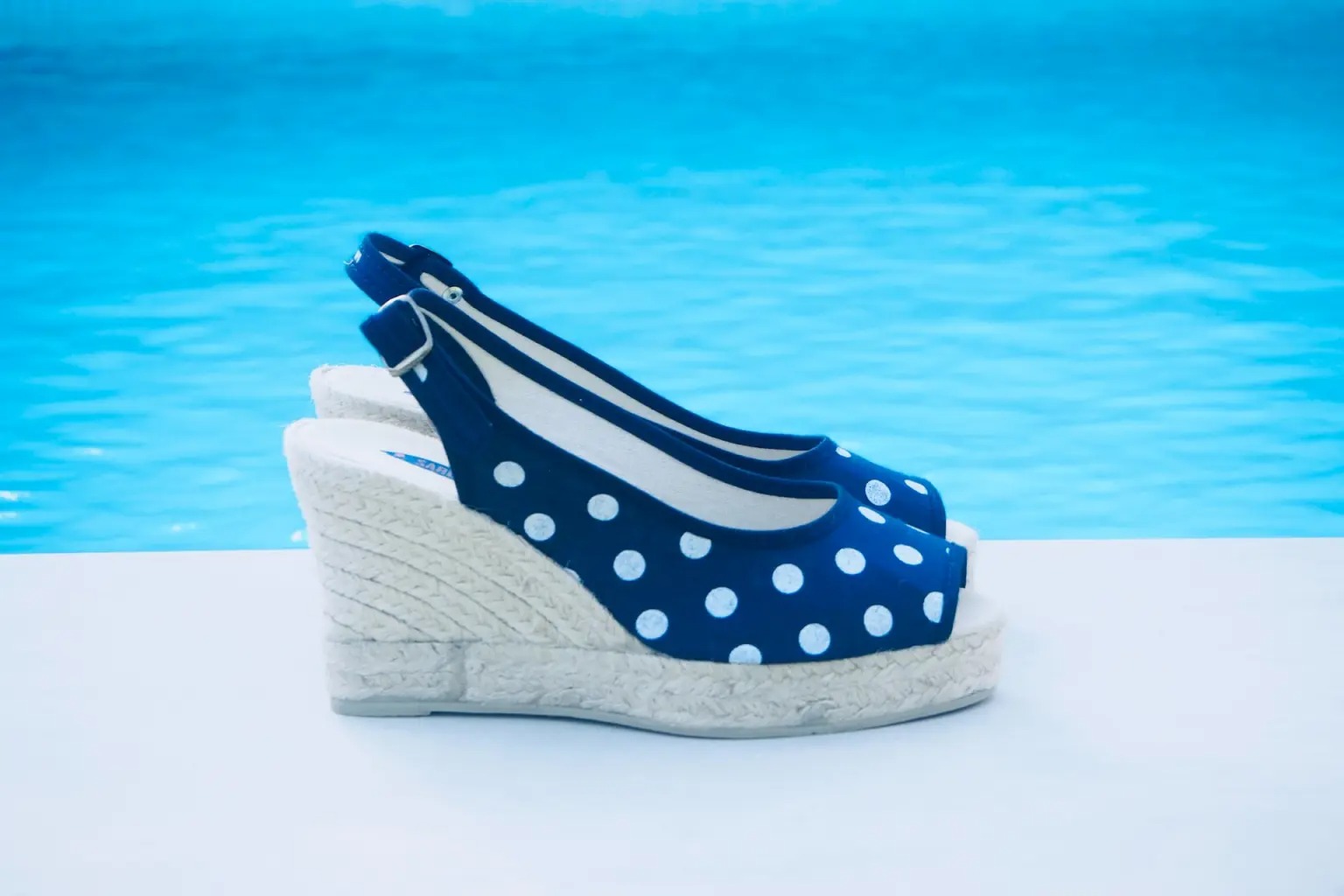
From Stilettos to Wedges: A Look at Different Types of High Heels
If you’re a lover of high heels, you may be wondering if wedges qualify as high heels. The answer is…it depends. In this comprehensive guide, we’ll take a look at the different types of heels, including wedges, and help you determine whether or not they qualify as high heels. We’ll also provide some tips for choosing the right type of heel for your needs.
Types of Heels:
- Stilettos:
Stilettos are perhaps the most iconic type of high heel. They feature a thin, high heel that can range from 3 inches to 8 inches or more. Stilettos are often associated with formal events and can be difficult to walk in, but they can also make a bold fashion statement. - Kitten Heels:
Kitten heels are a shorter, more comfortable alternative to stilettos. They typically have a heel height of 1.5 inches to 2 inches and are often worn in professional settings or for more casual occasions. - Wedges:
Wedges are a type of heel that feature a solid, wedge-shaped sole that extends from the heel to the toe. Wedges can range in height from a few inches to several inches and are often more comfortable to wear than stilettos or kittenheels. However, whether or not they qualify as high heels is up for debate. - Block Heels:
Block heels are a sturdy, chunky type of heel that can range in height. They are often more comfortable to wear than stilettos and can be worn for a variety of occasions. - Platform Heels:
Platform heels feature a thick sole that extends from the toe to the heel, giving the illusion of a higher heel without the discomfort. They can range in height and are often seen in trendy, fashion-forward styles.
Are Wedges High Heels?
As mentioned earlier, whether or not wedges qualify as high heels is a bit of a gray area. Some people consider any heel that is 3 inches or higher to be a high heel, while others argue that wedges don’t qualify because the sole is solid rather than a thin, spiky heel.
Ultimately, the decision comes down to personal preference. If you consider any heel that is 3 inches or higher to be a high heel, then wedges certainly qualify. However, if you prefer a more traditional definition of high heels, then wedges may not make the cut.

Choosing the Right Type of Heel:
When it comes to choosing the right type of heel, there are a few things to consider:
- Comfort:
While high heels can be stylish and sexy, they can also be uncomfortable and even painful to wear. If you’re new to wearing heels, or if you have footproblems, you may want to start with a lower heel or opt for a more comfortable style like wedges or block heels. - Occasion:
Different occasions call for different types of heels. For formal events, stilettos or kitten heels may be more appropriate, while wedges or block heels may be better for casual occasions. - Style:
Of course, style is also an important factor to consider when choosing a heel. Think about your personal style and what type of shoe will best complement your outfit. - Material:
The material of the heel can also affect its comfort and durability. Leather and suede are popular choices for high heels, but synthetic materials can also be a good option for those on a budget.
In conclusion, whether or not wedges qualify as high heels is up for debate. Ultimately, the decision comes down to personal preference and the definition of high heels that you choose to follow. When choosing a type of heel, consider factors like comfort, occasion, style, and material to ensure that you find a pair that looks great and feels great.



I have realized that over the course of constructing a relationship with real estate owners, you’ll be able to come to understand that, in each and every real estate exchange, a payment is paid. In the long run, FSBO sellers will not “save” the commission. Rather, they fight to earn the commission by simply doing a good agent’s task. In doing this, they devote their money and time to execute, as best they will, the tasks of an real estate agent. Those duties include uncovering the home by means of marketing, offering the home to prospective buyers, making a sense of buyer urgency in order to prompt an offer, arranging home inspections, dealing with qualification investigations with the loan company, supervising maintenance, and assisting the closing.
Nice post. I was checking constantly this blog and I’m impressed! Very helpful information particularly the last part 🙂 I care for such information much. I was looking for this particular info for a long time. Thank you and best of luck.
A2 Hosting: A2 Hosting is known for its high-speed performance and excellent customer support. They provide various hosting options, including shared, VPS, and dedicated hosting, along with free site migration.
Siteground: Siteground is known for its exceptional speed and advanced security features. They provide excellent customer support, automatic backups, and a user-friendly interface. http://webward.pw/.